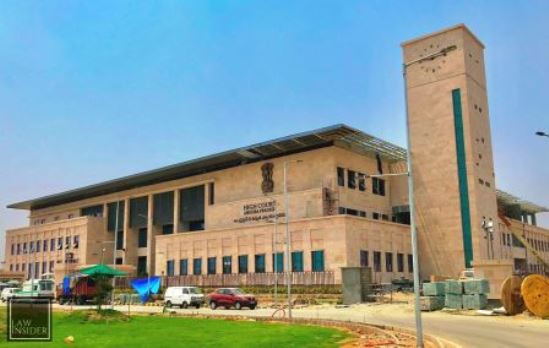Jass Kaur Bindra
The Supreme Court has clearly stated that, “The high court should not have embarked on any other role other than deciding on the maintainability aspect.”
Former Chief Justice of Andhra Pradesh High Court, V Eswaraiah was given relief by the honorable Supreme Court of India in relation to the enquiry which was ordered by the High Court of Andhra Pradesh dealing with the conversation done on telephone between the former Justice of Andhra Pradesh high court and the Suspended District Magistrate.
The case filed was Justice V Eswaraiah vs Union of India.
The apex court mentioned that, “There were no cases for the High Court to order an enquiry into the conversation involving the former judge considering the fact that the judge had already admitted to the conversation and also filed a corrected English transcript of the conversation.”
Two Chief Justices of the apex court dealt with the case, Justice Ashok Bhushan and Justice R Subhash Reddy
V Eswaraiah approached the Supreme Court filing a petition against the plea of Justice R V Raveendran.
Raveendran called for a probe into the matter relating to the telephonic conversation between V Eswaraiah and suspended District Magistrate.
The judgement clearly stated, “Authenticity and genuineness of transcript having been admitted to the extent as contained in annexure P16 we are of the view that direction by the High Court calling for report from justice RV Ravindra need not be allowed to continue. We order accordingly.”
An inquiry was ordered by Andhra Pradesh high court into the matter as there was disclosure of some material which was alleged and a probe continued in the matter.
The apex court ordered, “The high court should not have embarked on any other roll other than the deciding on the maintainability aspect of the petition before it.”
The supreme court clarified that the case should be dealt in the High Court itself.
The High Court must listen to the arguments in relation to the petition as well as of the opposite side accordingly decide the case.

